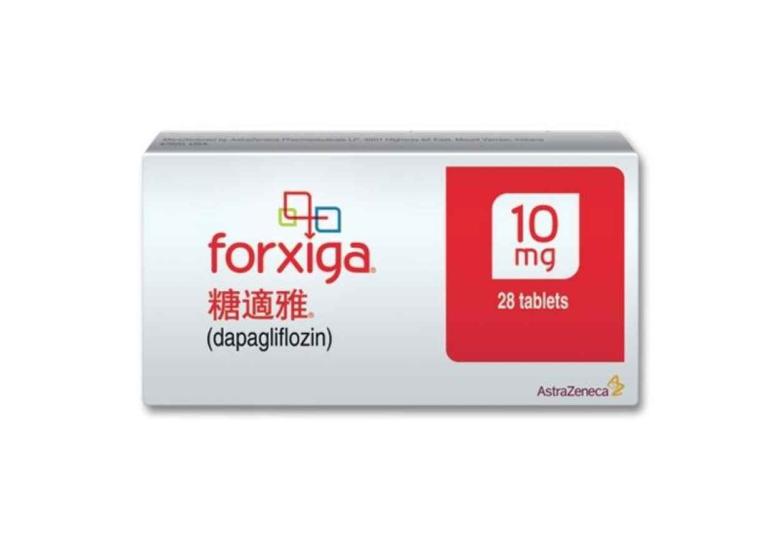Forxiga approved in China for CKD
AstraZeneca’s Forxiga (dapagliflozin), a sodium-glucose cotransporter 2 (SGLT2) inhibitor, has been approved in China to reduce the risk of sustained estimated glomerular filtration rate (eGFR) decline, end-stage kidney disease (ESKD), cardiovascular (CV) death and hospitalisation for heart failure (hHF) in adults with chronic kidney disease (CKD) at risk of progression with and without type-2 diabetes (T2D).


















